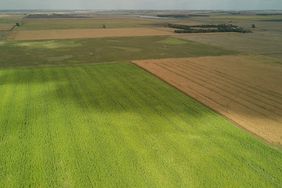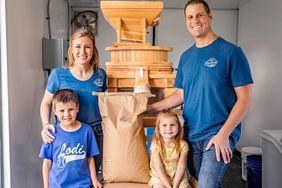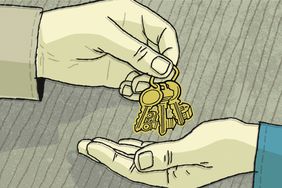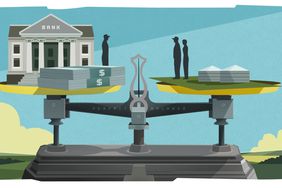:max_bytes(150000):strip_icc()/ProblemArt-June22_preview2028129-2-2000-759982f0884d456d82cbd12ee9f0dc80.jpg)
Our farm has three groups of assets: 1,200 acres of land, $2 million in machinery, and a $3 million C corporation. I'm struggling to determine how I should value each asset when it comes to distribution. The numbers are big and the cash flow varies. I don't like the idea of explaining all the tax implications to all of our children. We have five children; two are farming, and we just don't want to bury our two farming heirs. - Submitted by email from R.T.
Solutions:
I commend you, R.T., for recognizing this has to work for the farming heirs. Too often, I hear people lamenting trends in agriculture they don't like, especially the loss of young farmers, yet when they have a chance to help the next generation, they don't. So I will share ideas based on your intent to make it work for your heirs.
Let's first tackle the C corporation. Your nonfarming children really should not be part of this corporation. A discount of 30% to 50% due to tax implications could be used. Heirs who don't understand taxes or corporations may see a corporation on your balance sheet worth $3 million and assume every heir should get $600,000. When they get offered $350,000 for a buyout, they balk. One option is to avoid that issue entirely and begin gifting or selling the corporation to your two farming heirs now on a contract before your death.
Next is machinery. Many farm families discount machinery 20% to 50% when a farming heir(s) is involved. For example, let's use a 35% discount. This would get the machinery value down to $1.3 million. The farming heirs would be buying out three-fifths of that number, or $780,000. On a five-year note at 2% interest the payment would be $165,000 per year. Based on 1,200 acres, that would be a machinery payment of $137 an acre. Does that cash flow? Now, you may consider including rented acres in that calculation, but be careful about that because those rented acres are not guaranteed. If you don't like the cost per acre, change the discount.
Finally, the land. Let's do a little discount example. Say you have a plan that gives the farm heirs an option for a 20% buyout discount on the land. When land was $5,000 an acre, that would mean a $4,000-per-acre buyout price and a land payment of about $240 an acre based on 30 years at 4%. When land went to $10,000an acre, the buyout would be $8,000 per acre with a payment of $480 per acre. Now, if land is $15,000 an acre, the buyout would be $12,000 per acre with a loan payment of $720 an acre. Do you see how simple land discounts can be very troubling? Consider using special use valuation (IRS Code 2032A) or a set price or a "not-to-exceed price" that can all be coupled with claw-back provisions if the farming heirs ever sell the ground. Another concern is amortizing a sibling land buyout payment over all the acres, including inherited acres. Sometimes we see the farm heirs never getting a return on the inheritance because the price of buying everyone else out is so high that they virtually do not have any cash left for themselves — not to mention they're too leveraged to ever buy more land.
I commend you on asking about valuations because it's a big deal, and you may have to back into the value of every asset by calculating what it would cost those who plan to keep the asset. Yes, you can use some life insurance in there to assist with or boost the values and minimize the future loan amount, but that all really has to be coordinated properly.









